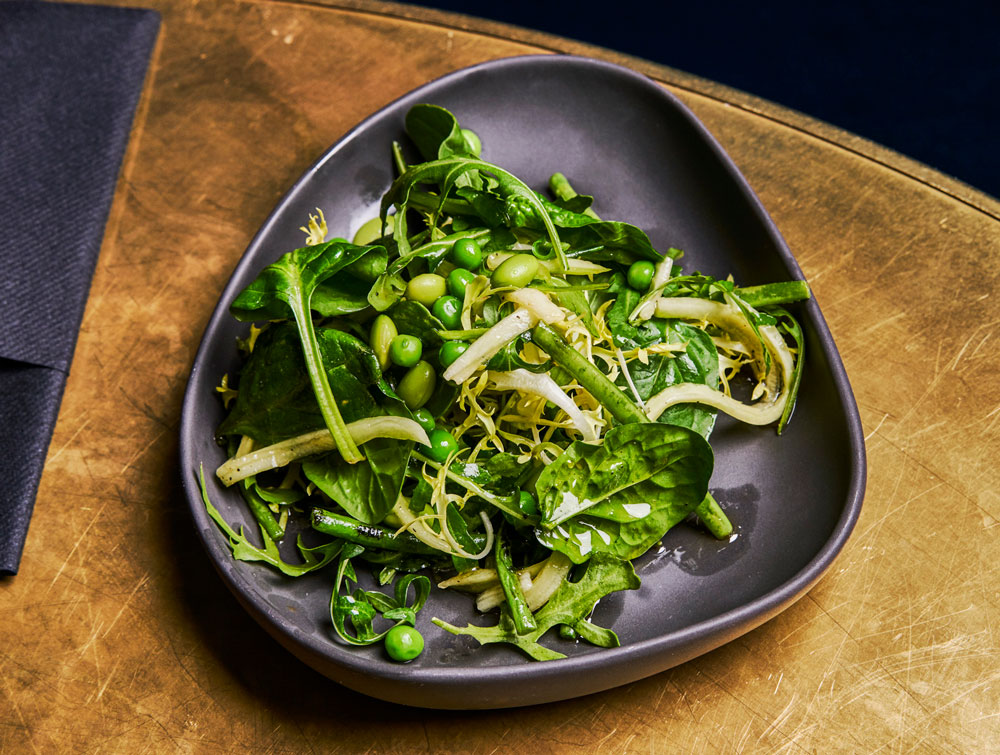
VEGANUARY: THE FAQs
We recently spoke to Nigel Cleary from Vegan Convenient about some of the most frequently asked questions surrounding Veganuary and plant based nutrition. Nigel is all about making plant based diets as accessible and convenient as possible for the every day person, with everything he recommends being sold in supermarkets.
Will I get enough protein on a plant-based diet?
A varied plant-based diet of whole grains, vegetables, and beans can easily meet your daily protein needs. An average woman needs about 46 grams of protein per day; the average man about 56. Research shows that most Americans—including those on a plant-based diet—easily reach these levels. Learn more about protein.
| Food | Protein (Grams) |
| Firm Tofu 1/2 cup | 19.9 |
| Lentils boiled 1 cup | 17.9 |
| Chickpeas boiled 1 cup | 14.4 |
| Quinoa boiled 1 cup | 11.0 |
What are the best sources of calcium on a plant-based diet?
By eating a varied plant-based diet, you’ll get all the calcium you need to build strong bones without the added health risks of milk and other dairy products.
Leafy green vegetables, like broccoli, Brussels sprouts, kale, and collards, are loaded with calcium. Calcium absorption of leafy green vegetables is actually higher than cow’s milk. Beans, fortified juices, and plant milks are also great sources of calcium. Learn more about how to build healthy bones on a plant-based diet.
Why eat a low-fat, plant-based diet?
Plant-based diets low in fat are a powerful way to achieve good health. Diets focused on fruits, vegetables, whole grains, and legumes avoid saturated fats associated with heart disease, diabetes, and other conditions. Research shows low-fat diets improve blood sugar and cholesterol levels, improve mortality against cancer, and aid in weight management.
What supplements do I need?
It is important to include a reliable source of vitamin B12 in your diet. Vitamin B12 is an essential nutrient that is necessary for healthy nerves and blood. Vitamin B12 is not made by plants or by animals, but by bacteria. You can easily meet your vitamin B12 needs with a daily supplement. Fortified foods, such as breakfast cereals, plant milks, and nutritional yeast, may also contain B12, but taking a supplement regularly is often a more reliable source. Learn more about vitamin B12.
Is a plant-based diet healthy during pregnancy?
A plant-based diet is a great choice at every stage of life, including pregnancy and breastfeeding. A healthful, well-planned plant-based diet provides all the nutrients you and your developing baby need.
Learn more about meeting your nutrient needs and eating a plant-based diet during pregnancy.
Is a vegan diet healthy for children?
Eating habits are set in early childhood. Choosing a plant-based diet can give your child—and your whole family—the opportunity to learn to enjoy a variety of nutritious foods. Children who are raised on healthful vegan diets have a reduced risk for heart disease, cancer, obesity, diabetes, and other conditions.
Adolescents raised on a plant-based diet often find they have an easy time maintaining a healthy weight. They also have fewer problems with acne, allergies, and gastrointestinal problems than their peers who eat animal products. Learn more about a healthy diet for children.
Are soy products healthy?
Soy products offer a wide array of health benefits. Eating whole soy foods may reduce the risk of breast cancer and several other types of cancer, fibroids, and even inflammation. Soy is helpful for bone health, heart health, and menopausal symptoms. However, the benefits of soy appear to come from foods made from whole soy. Focus on tofu, tempeh, edamame, soy milk, and miso as part of a balanced, plant-based diet.
Soy products have no adverse effects on men. In fact, they may help prevent cancer.
A meta-analysis showed that neither soy products nor soy isoflavone supplements affect testosterone levels in men. Another analysis of 14 studies showed that consuming more soy resulted in a 26% lower risk of prostate cancer. Yet another meta-analysis published in Nutrition and Cancer showed the same results for prostate cancer: a protective effect for men who eat tofu.
Learn more about soy.
Why eat a low-fat, plant-based diet?
Plant-based diets low in fat are a powerful way to achieve good health. Diets focused on fruits, vegetables, whole grains, and legumes avoid saturated fats associated with heart disease, diabetes, and other conditions. Research shows low-fat diets improve blood sugar and cholesterol levels, improve mortality against cancer, and aid in weight management.